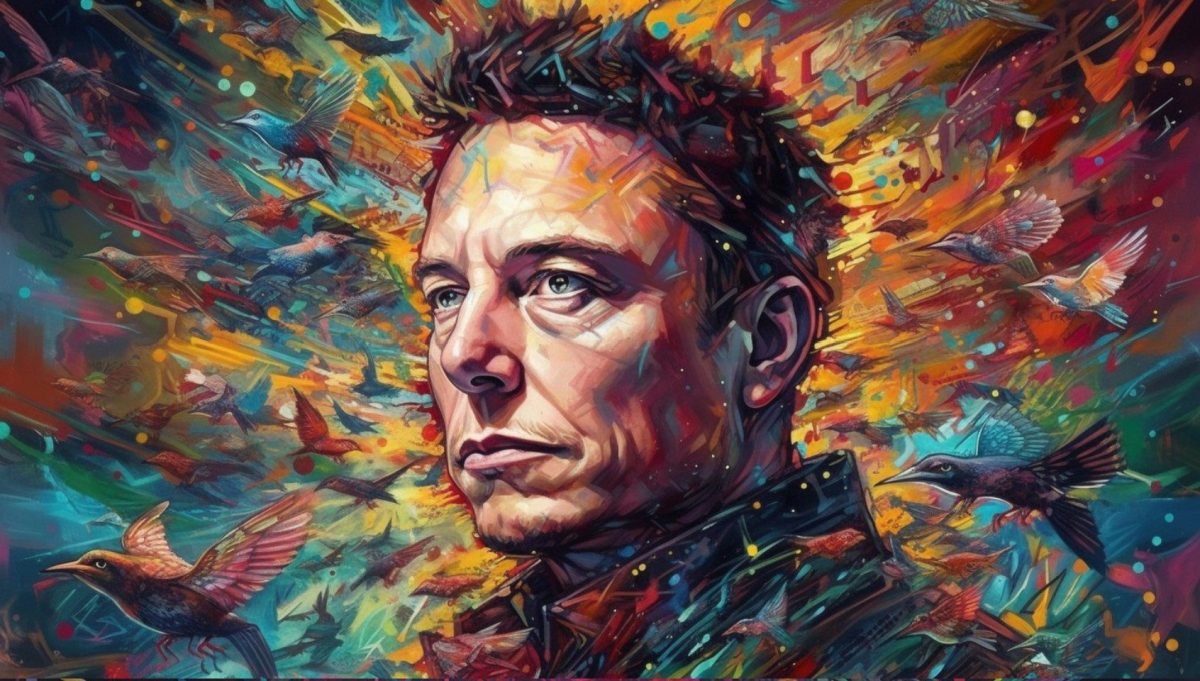Elon Musk’s DOGE and the Federal Government: A Collision of Ambition, Power, and Controversy

In the early days of Donald Trump’s second term, a new and controversial initiative has taken center stage in Washington: the Department of Government Efficiency (DOGE), led by billionaire entrepreneur Elon Musk.
What began as a bold experiment to modernize federal systems and slash inefficiencies has quickly spiraled into a political and legal maelstrom, raising profound questions about the balance of power, data privacy, and the role of unelected technocrats in government.
The Rise of DOGE
DOGE was established via executive order on Trump’s first day back in office, reimagining the U.S. Digital Service as a lean, Musk-led task force. Its mission: to overhaul federal IT systems, eliminate waste, and streamline government operations. Musk, appointed as a “special government employee,” brought his characteristic Silicon Valley ethos to the project, promising to “move fast and fix things.”
The initiative has been anything but subtle. Within weeks, DOGE operatives—many of them young engineers with ties to Musk’s companies—gained access to critical government systems, including the Treasury Department’s payment infrastructure, which handles nearly$6 trillion annually. This access, ostensibly granted to identify inefficiencies, has sparked widespread alarm among lawmakers, unions, and privacy advocates.
A Legal and Political Firestorm
The controversy reached a boiling point last week when a federal judge temporarily blocked DOGE from accessing Treasury payment systems, citing risks of “irreparable harm.” The lawsuit, brought by 19 Democratic state attorneys general, alleges that DOGE’s access violates federal laws, endangers sensitive personal data, and undermines congressional authority over government spending.
Judge Paul Engelmayer’s ruling highlighted the potential for catastrophic consequences, including data breaches and unauthorized spending cuts. “The systems in question are more vulnerable than ever to hacking,” he wrote, echoing concerns raised by cybersecurity experts.
The backlash has been swift and fierce. Democratic lawmakers have accused Musk of orchestrating a “hostile takeover” of the federal government. Representative Jamie Raskin declared, “We don’t have a fourth branch of government called Elon Musk.” Senator Elizabeth Warren described DOGE’s actions as a “five-alarm fire,” warning that Musk’s control over federal systems could lead to abuses of power.
The Data Privacy Dilemma
At the heart of the controversy lies the issue of data privacy. Reports indicate that DOGE operatives have accessed sensitive information, including Social Security numbers, bank account details, and federal employee records. While Musk and Treasury Secretary Scott Bessent have insisted that access is limited to “read-only” permissions, investigative reports suggest otherwise. Wired revealed that at least one DOGE staffer, Marko Elez, had administrative access to Treasury systems, enabling him to make changes to critical infrastructure.
This revelation has fueled fears that DOGE’s activities could compromise the personal data of millions of Americans. Labor unions and privacy advocates have filed lawsuits to block DOGE’s access, arguing that the initiative violates federal data protection laws.
Musk’s Vision vs. Government Reality
Musk’s defenders argue that DOGE represents a necessary disruption to a bloated and inefficient bureaucracy. They point to early successes, such as identifying$420 million in wasteful contracts and streamlining operations at the Centers for Medicare and Medicaid Services. Musk himself has framed DOGE as a crusade against fraud and inefficiency, tweeting, “The American people deserve a government that works for them, not against them.”
But critics contend that Musk’s approach is reckless and authoritarian. DOGE’s lack of transparency—its members, qualifications, and methods remain largely unknown—has only deepened suspicions. The initiative’s reliance on young, inexperienced engineers has also drawn scrutiny, with some questioning whether they are equipped to handle the complexities of federal systems.
The Broader Implications
The DOGE saga is more than a clash of personalities or political ideologies; it is a test of the boundaries of executive power and the role of private-sector leaders in public governance. Musk’s unprecedented influence over federal systems raises uncomfortable questions about accountability and the erosion of democratic norms.
As the legal battles unfold, the stakes could not be higher. If DOGE succeeds, it could set a precedent for future collaborations between government and private innovators. But if it fails—or worse, if it leads to a catastrophic breach of trust—it could deal a lasting blow to public confidence in both government and technology.
In the end, the story of DOGE is a microcosm of our times: a collision of ambition, power, and the uneasy relationship between Silicon Valley and Washington. Whether it becomes a cautionary tale or a blueprint for reform remains to be seen. For now, the nation watches, divided and uncertain, as Elon Musk and DOGE continue their audacious experiment in governance.
